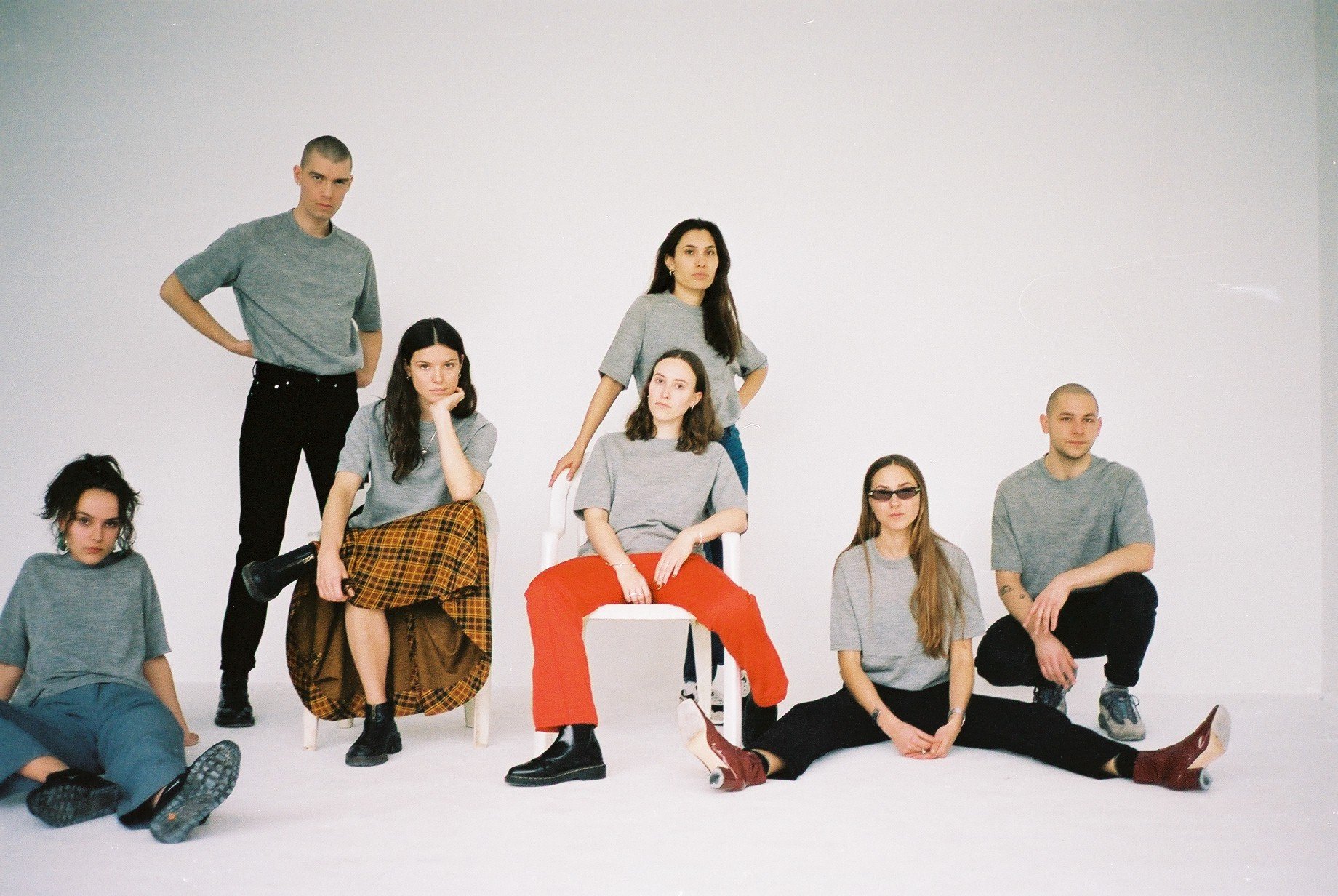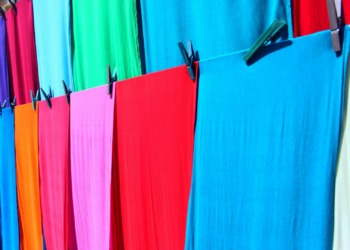The main cause of female incarceration is poverty. It is predominantly young, poor, single-mothers with a low level of education and income. Out of this situation, Carcel, a Danish fashion brand, has forged an identity of homogenous Scandinavian design with a sustainable business model, focussed on giving opportunity and welfare to women in prison.
Employing a slow business model, Carcel is swimming against the current of fast fashion and having success amongst a growing class of conscious millennial consumers. I spoke to Veronica D’Souza, CEO and founder, to find out more on how Carcel operates.
Q: How did you come up with the idea to found Carcel? How would you describe the mission of Carcel?
The founding idea of Carcel started after a visit in prison in Kenya. I saw how women were working and doing craft all day, but they worked with poor materials materias and had no market access. So the concept of Carcel was built on the thought of making a difference for women like these and ensure a production with quality materials, training and market.
After the prison visit in Kenya, we looked into the possibilities of setting up production in a country with the two criteria: where to make the greatest social impact and where we could work with natural, locally-sourced materials. We went to Peru and experience the great native culture of knitting, and the local baby alpaca. Furthermore, the women in Peru are mainly in prison for poverty-related crime and get sentences up to 17 years.
The vision for Carcel is to create social impact, ensure better futures with for women prison, without compromising on design nor quality. The mission is therefore to set up productions inside women’s prison. Our production in Peru has been running for a year now, and we are now in the process of starting production in Chiang Mai, Thailand.
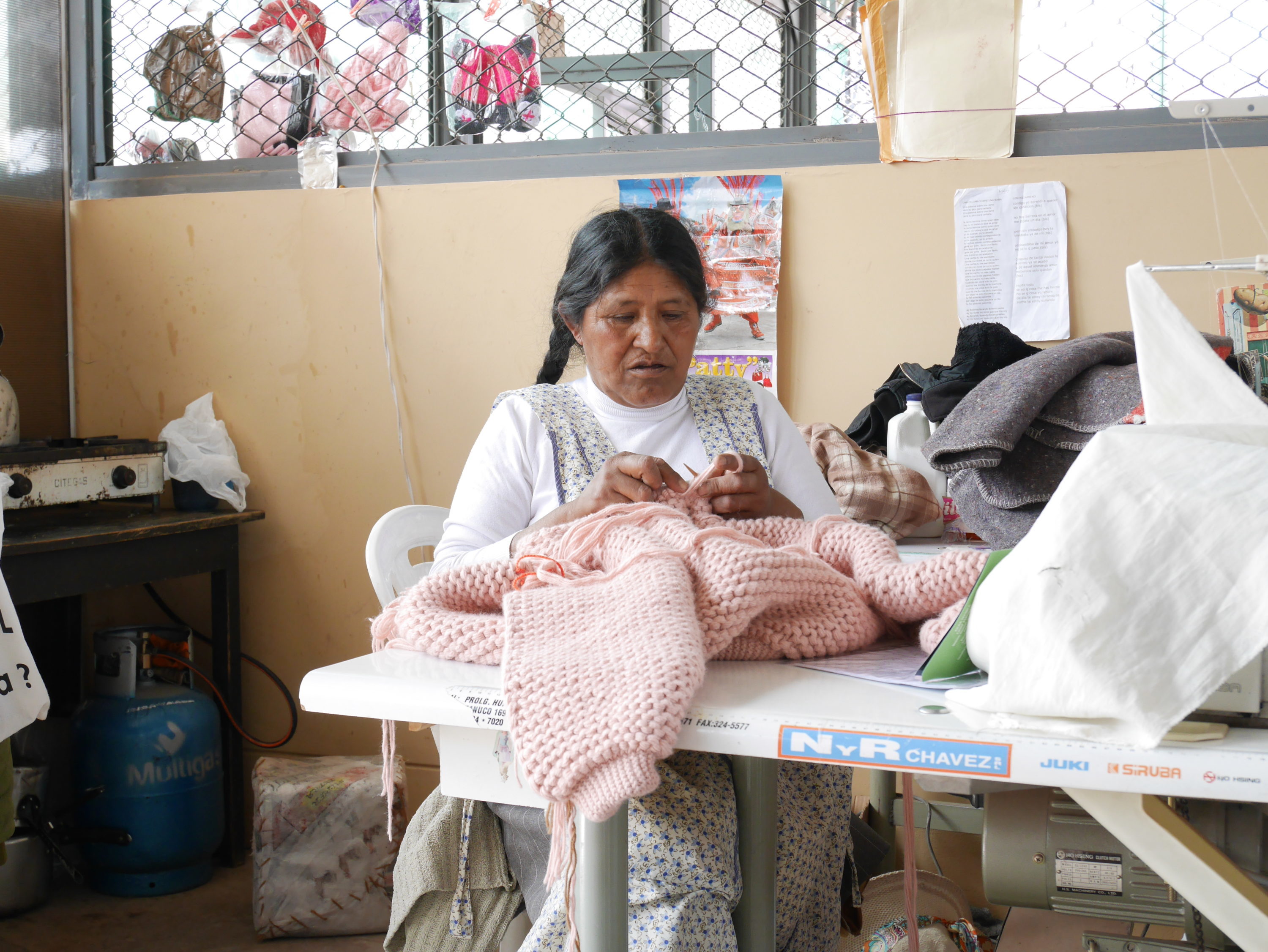
In the photo: Working from Cusco prison, Peru Credit: Carcel
Q: Why sustainability and what does sustainability mean for you? How would you measure your industry and global impact?
We believe in the values of slow fashion. This means a conscious purchase decision and the priority of quality over quantity. It is important for us to use locally-sourced and natural materials native to the production country. This shorten and creates a stronger value chain. We create an impact for the women we hire, and our communication is focused on transparency and the fact of creating a relation between worker and end-user. Sustainability is also a thought we incorporate in our designs. We create long lasting designs that stays relevant through seasons and trends. We launch batches of products all year round and therefore we avoid overstocking and waste. We keep the value of our styles and we never put them on sale. This is a sustainable approach towards fashion.
Q: How does Carcel stick to its values to do good while staying competitive? What unique business model do you use? What are the major challenges for sustainability in the consumer retail industry and how do you work to get over the challenges?
Our business model is unconventional in regards of the fashion industry. This fact itself is a competitive advantage. We experience an awareness and a growing need towards ethical fashion and sustainable initiatives. One of the challenges is the fixed consumer habits, but again, we definitely feel that growing consumer groups are interested in the production behind their products. This comes together with the attention towards the working conditions and the fact of knowing who made the clothes.
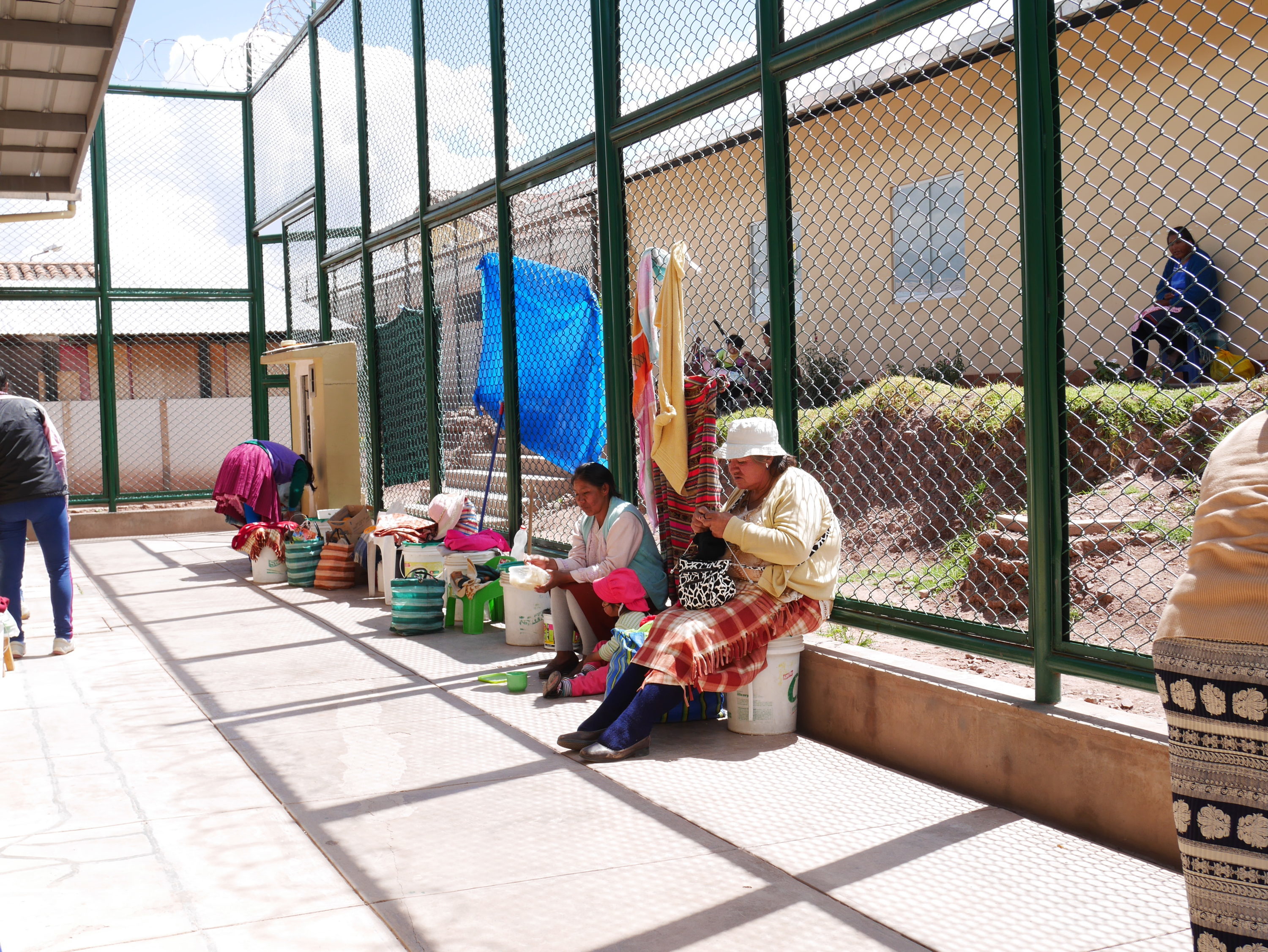
In the photo: Cusco prison hand knit Credit: Carcel
Q: Where do you see the direction of the company heading? What are some/will be some major milestones down the road?
Our launch during Copenhagen Fashion Week in August was a major milestone for us, and the next one coming will be when we start our production in Thailand. We are currently on a trial programme with a production in Chiang Mai, and we are really excited to be able to work with clothes in local silk.
Related article: “MANOS ZAPOTECAS: ARTISAN OPPORTUNITY AND EMPLOYMENT” by OLIVER SPEAKMAN
Q: What message does Carcel have for other companies looking focus in similar pursuits?
We hope that more companies will follow this development and we hope for a future where it will be possible to share knowledge towards creating greater impacts and initiatives in the industry. It is an amazing pleasure to both know the women in Cusco as well as our customers.
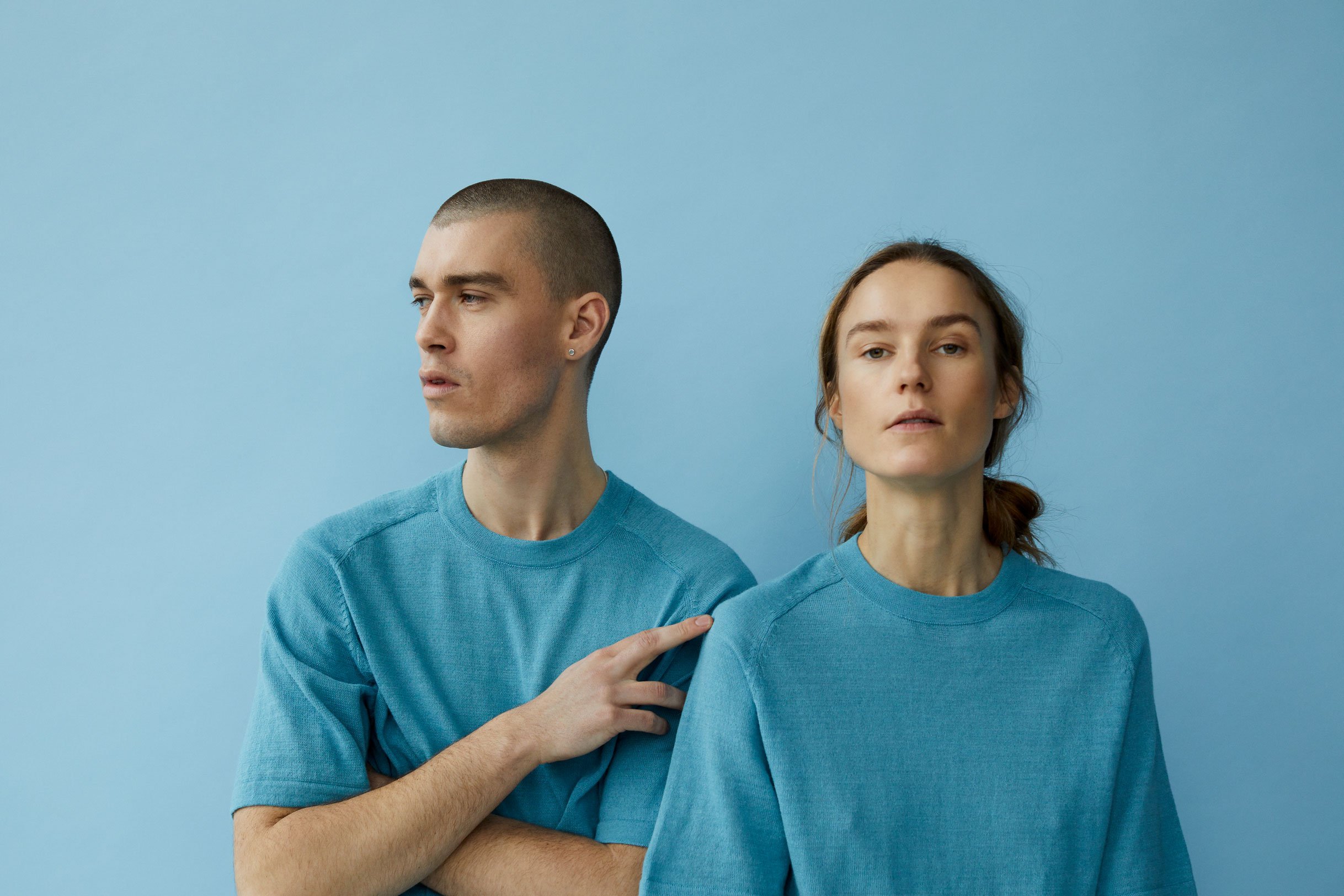
In the photo: Carcel unisex T-shirts Credit: Carcel
Q: What are your views on where the subject of sustainability is heading in general? What are some ways the average citizen can contribute towards sustainability?
As touched upon, we really believe in the values of slow fashion and create more ethical and responsible value chains – in our case – better futures for the women in prison. And we feel a growing awareness towards sustainable values. This will hopefully result in more companies integrating these, as it then will be easier for the consumers to navigate and be make more informed and conscious purchases.
Editors Note: The opinions expressed here by Impakter.com columnists are their own, not those of Impakter.com


